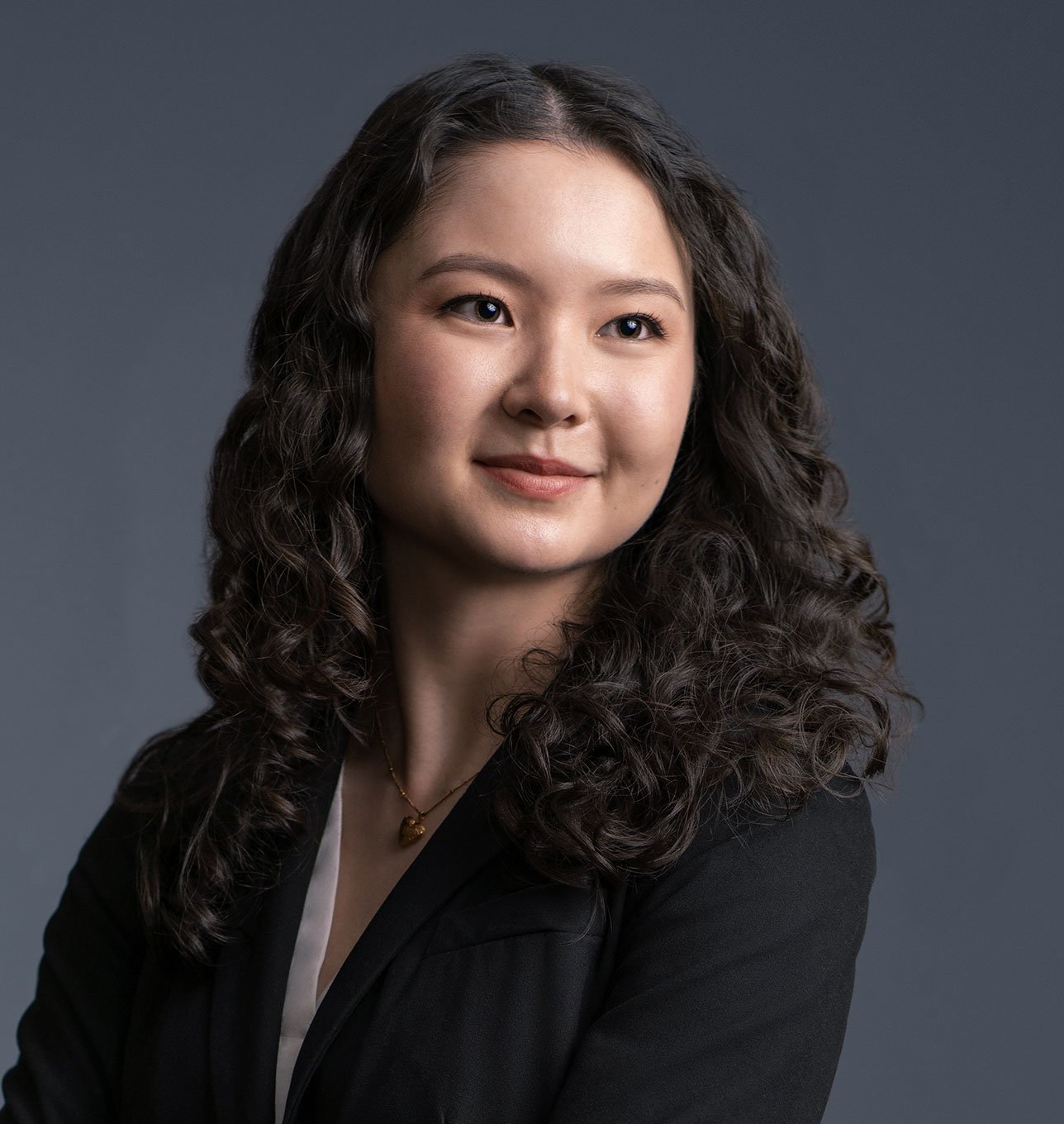Artificial Intelligence and Cybersecurity: Key Topics at the 78th United Nations General Assembly
Recently, world leaders and key stakeholders gathered for the 78th session of the United Nations General Assembly (“UNGA”) to discuss global challenges with the goal of furthering peace, security, and sustainable development. A key topic of discussion was the “digital revolution,” focusing on the opportunities and challenges presented by artificial intelligence (“AI”), as well as the continued importance of strengthening global cybersecurity.
Throughout the UNGA, world leaders highlighted potential risks associated with AI. In US President Joe Biden’s remarks to the UNGA, he stated that AI holds “enormous potential and enormous peril” and noted that “[t]ogether with leaders around the world, the United States is working to strengthen rules and policies so AI technologies are safe before they're released to the public.” UN Secretary-General António Guterres also referred to AI as an “emerging threat[]” that requires “new innovative forms of governance, with input from experts building this technology and from those monitoring its abuses.” When speaking to the Security Council in July 2023, Secretary-General Guterres had provided a similar warning, stating that “AI tools can also be used by those with malicious intent,” such as for “targeting critical infrastructure,” “disinformation and hate speech,” and “deepfakes,” and that malfunctioning AI systems pose particular risks, for example, in the context of nuclear weapons and biotechnology.
World leaders called for new guardrails or governance frameworks to address these risks. Secretary-General Guterres announced the establishment of a High-Level Advisory Body on Artificial Intelligence, which will be comprised of government and private sector experts. This builds on Secretary-General Guterres’ prior backing of an international AI watchdog body similar to the International Atomic Energy Agency. The High-Level Advisory Body on Artificial Intelligence will be tasked with analyzing and developing recommendations for the international governance of AI. An interim report on AI governance is scheduled to be released at the end of 2023 and the recommendations finalized by mid-2024.
In addition to emphasizing the importance of AI governance, political leaders discussed the role of AI in accelerating the achievement of UN’s Sustainable Development Goals, which focus on addressing poverty, inequality, climate change, environmental degradation, peace, and justice. US Secretary of State Antony Blinken, along with foreign ministers and secretaries of state from Japan, Kenya, Singapore, Spain, Morocco, and the United Kingdom, met with several private sector AI developers to discuss AI’s potential in supplementing the UN’s Sustainable Development Goals. The discussion noted the importance of partnership between the government, private sector, and stakeholders in responsibly harnessing AI to achieve these goals.
Beyond AI, concerns about global cybersecurity continued to be a theme at this year’s UNGA. For example, the US State Department led a side dialogue focused on securing cyberspace from significantly destructive attacks. Ambassador at Large for Cyber and Digital Policy Nathaniel C. Fick, who moderated the discussion, and Deputy Secretary of State Richard R. Verma focused on how member states could cooperate with each other to respond and recover from cyber attacks, as well as emphasizing the United States’ commitment to collaborating with other countries to strengthen cybersecurity. As this effort to enhance global collaboration on cybersecurity continues, nation states will need to determine the ways in which private sector entities—critical infrastructure and cybersecurity firms, for example—will play a role in this process.
The 78th session highlighted AI and cybersecurity as prominent global challenges, as well as important opportunities for cross-border collaboration between member states and the private sector. While these initiatives run in parallel with actions by governments in Europe, the United States, and other regions, they also may affect how individual countries approach AI and cybersecurity. Moreover, although similar discussions on AI are occurring in other international fora—such as the Organization for Economic Cooperation and Development and the G-7 (through the AI Hiroshima Process)—the broad reach of the UN-led effort could allow it to have significant influence over global AI standards. Companies interested in global AI and cybersecurity policy will likely benefit from considering how the positions shared at the UNGA could inform key policy debates affecting their business in the months ahead.




